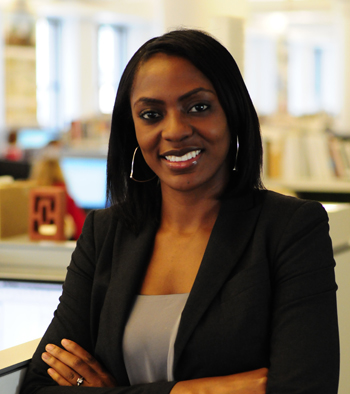![]()
Tirza True Latimer was my professor for the first performance art course taught in the Yale Art History department. She opened my mind to a whole new field that inspired me to explore performance art (and I have been doing so ever since). Tirza’s background is diverse – she started a women’s construction company and later in life moved into academia, earning her PhD from Stanford University. Her writing focuses on the intersection of visual and sexual cultures from a lesbian feminist point of view. Between teaching, writing, and curating, Tirza has found her passion in the ever-exclusive world of academia. She is currently the chair of Visual and Critical Studies at California College of the Arts, along with working as an associate professor.


 What is your name, age, and location?
What is your name, age, and location?
Tirza True Latimer, 60, San Francisco, CA.
What is your profession?
Professor, Art Historian, Independent Curator, and former building contractor/carpenter.
What did you study in school and what degrees do you have?
Creative Writing at Sarah Lawrence College (BA, 1972); Art History, University of California, Davis (MA, 1997); Art History, Stanford University (PhD 2003)
What was your first job?
Construction work. I belonged to a feminist collective, Seven Sisters Construction, devoted to building and remodeling houses for women clients… sometimes in collaboration with the owners.
Who or what inspired you to break into your current line of work?
Complaints from my knees and back after twenty five years of manual labor inspired me to transition into another field. Why art history? At the time, feminist theory and queer theory were beginning to have a profound impact on academic studies. Everything was open to reinterpretation. And that inspired me. I wanted to participate in the creation of new historical narratives.
Name/describe what has been your most rewarding project so far?
Although I find research, writing, and curating enormously satisfying, teaching is the most rewarding aspect of my career. Certain classes stand out. I was moved by the creative vitality and courage demonstrated by members of a Feminist and Queer Performance Art class I taught at Yale a few years ago, for example.
Name/describe one incident when being a woman has helped your career?
My careers, in that a commitment to feminism constitutes the thread of continuity, have been all about my experience as a woman—i.e. my political awareness of both the experience of asymmetrical power dynamics and the potential of collective agency.
Name/describe one incident when being a woman has hindered your career?
Construction was a male-dominated profession when we broke into the field in the 1970s. It was almost impossible for women to achieve union membership. That’s why several of us tradeswomen banded together to found a non-union business. In this case, what “hindered” us from pursuing a career in our chosen field compelled us to invent alternatives that turned out to be much more rewarding.
In the academic arena, gender inequities, if less evident, are equally prevalent, as statistics regarding the awarding of tenure, salaries, promotions, and the profiles of top administrators indicate. I would not say that being a woman has hindered my career, per se. I believe that the combination of age and gender—I went on the academic job market in my 50s—did not always work to my advantage in job searches for entry level positions. However, some of those job searches were successful so obviously a sufficient number of my peer evaluators and people in key administrative positions have recognized both my age (maturity) and gender (women work harder, right?) as assets.
Who is your role model or mentor (alive or dead)?
Grace Paley, for her sense of humor, her political integrity, her generosity of spirit, and her way with words.
If you could give one piece of advice to a woman starting out in your field, what would it be?
Develop practices that enable you to keep your own values and objectives in focus.
Links:
![]() Tirza Latimer – California College of the Arts
Tirza Latimer – California College of the Arts
– Interview by Haley Hogan


Was this the Tirza Latimer who studied for a semester at Trinity College, Dublin in the early 1970s? If so, I remember her very well and have happy memories of a brief acquaintance with her and her friends. Young repressed Irish males were very impressed by a trio of liberated and liberating American women.
Damien White
Dublin